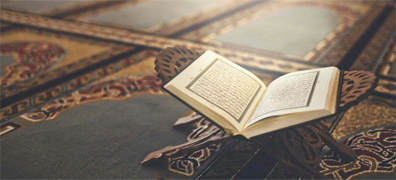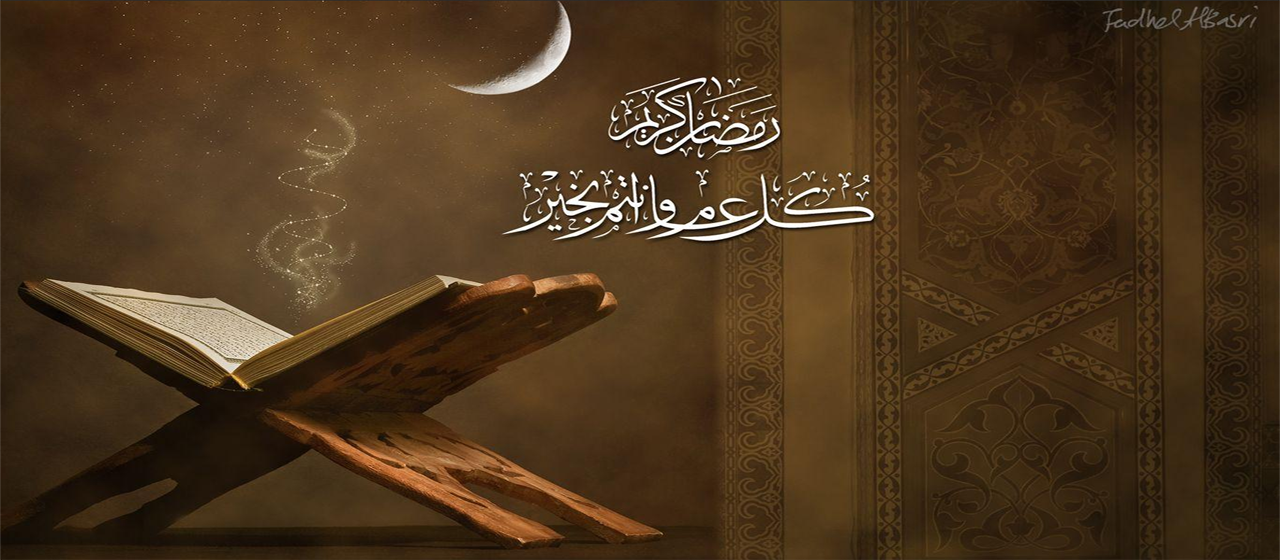- Regist
- 11-03-2024
- Poruka
- 3,514
- Reakcije
- 83
- Bodovi
- 216

Dua of Prophet Muhammad for entering a new town
رَبِّ أَدْخِلْنِي مُدْخَلَ صِدْقٍ وَأَخْرِجْنِي مُخْرَجَ صِدْقٍ وَاجْعَلْ لِي مِنْ لَدُنْكَ سُلْطَانًا نَصِيرًا
Rabbi adkhilnee mudkhala sidqinw wa akhrijnee mukhraja sidqinw waj’al lee milladunka sultaanan naseeraa
“My Lord, cause me to enter a sound entrance and to exit a sound exit and grant me from Yourself a supporting authority.”
Surah Isra Ayat 80
Background context to this du’a
Prophet Muhammad (ﷺ) was facing heavy persecution in Mecca and was forced to plan his escape from the city.
Muhammad (ﷺ) sent Mus’ab Ibn Umayr to Medina (Yathrib) as a scout.
After eleven months he returned to Mecca and reported that the sociopolitical climate in Medina Is more suitable for Muhammad (ﷺ) and his companions there. Here the second pledge at Al-Aqabah was made between 73 men and 2 women.
The pledge:
To listen and obey in all circumstances, both in difficulty and in ease.
To spend in plenty as well as in scarcity.
To enjoin good and forbid evil.
In Allah’s service, you will fear the censure of none.
To aid me when I come to you, and protect me from anything you protect yourself, your spouses, and children from.
The times were different than they are now, we take it for granted that we have the freedom to leave from one city to the next with any questions being raised.
We can even vacation to different countries and return without many restrictions.
During the Prophet’s time, the emigration (hijra) to Medina had to be a calculated step because it would escalate tensions between different tribes. When the Quraysh heard the news of this pledge they grew in rage, they chased after the caravans, they plotted to prevent some of the companions from leaving like Hisham Ibn Al-‘As and imprisoned others like Ayyash ibn Abi Rabi’ah. Their rights were revoked, and they were forcibly made to renounce Islam.
In hadith of Sunan Ibn Majah 1244, It was narrated by Abu Hurairah that Muhammad (ﷺ) frequently made du’a for Ayyash and others oppressed in Mecca: “When the Messenger of Allah (ﷺ) raised his head from Ruku in the Subh prayer, he said: ‘O Allah, save Al-Walid bin Walid, Salamah bin Hisham and Ayyash bin Abu Rabi’ah, and the oppressed in Mecca. O Allah, tighten Your grip on Mudar, and send them years of famine like the famine of Yusuf.”
Just before the migration, Jibreel came down to Muhammad (ﷺ) and revealed the leaders of Quraysh were conspiring to assassinate him, “And [remember, O Muhammad], when those who disbelieved plotted against you to restrain you or kill you or evict you [from Makkah]. But they plan, and Allah plans. And Allah is the best of planners.” (8:30)
Right before the migration, Prophet Muhammad (ﷺ) made this du’a asking for safeguarding and success of his quest. In this du’a he makes a request to Allah saying, Rabbi adkhilnee mudkhala sidqinw “cause me to enter a sound entrance” asking to be given entrance into Medina with respect, nobility, and acceptance.
Rasulullah (ﷺ) despite being persecuted and humiliated loved Mecca, it was his birthplace, all his childhood memories were there, the people who now despised him were once upon a time friends and family. He was being forced out of the city he called home, yet he still asked Allah, wa akhrijnee mukhraja sidqinw meaning to allow him “to exit a sound exit”. He concludes this du’a by asking Allah for his support, waj’al lee milladunka sultaanan naseeraa, “grant me from Yourself a supporting authority.”
رَبِّ أَدْخِلْنِي مُدْخَلَ صِدْقٍ وَأَخْرِجْنِي مُخْرَجَ صِدْقٍ وَاجْعَلْ لِي مِنْ لَدُنْكَ سُلْطَانًا نَصِيرًا
Rabbi adkhilnee mudkhala sidqinw wa akhrijnee mukhraja sidqinw waj’al lee milladunka sultaanan naseeraa
“My Lord, cause me to enter a sound entrance and to exit a sound exit and grant me from Yourself a supporting authority.”
Surah Isra Ayat 80
Background context to this du’a
Prophet Muhammad (ﷺ) was facing heavy persecution in Mecca and was forced to plan his escape from the city.
Muhammad (ﷺ) sent Mus’ab Ibn Umayr to Medina (Yathrib) as a scout.
After eleven months he returned to Mecca and reported that the sociopolitical climate in Medina Is more suitable for Muhammad (ﷺ) and his companions there. Here the second pledge at Al-Aqabah was made between 73 men and 2 women.
The pledge:
To listen and obey in all circumstances, both in difficulty and in ease.
To spend in plenty as well as in scarcity.
To enjoin good and forbid evil.
In Allah’s service, you will fear the censure of none.
To aid me when I come to you, and protect me from anything you protect yourself, your spouses, and children from.
The times were different than they are now, we take it for granted that we have the freedom to leave from one city to the next with any questions being raised.
We can even vacation to different countries and return without many restrictions.
During the Prophet’s time, the emigration (hijra) to Medina had to be a calculated step because it would escalate tensions between different tribes. When the Quraysh heard the news of this pledge they grew in rage, they chased after the caravans, they plotted to prevent some of the companions from leaving like Hisham Ibn Al-‘As and imprisoned others like Ayyash ibn Abi Rabi’ah. Their rights were revoked, and they were forcibly made to renounce Islam.
In hadith of Sunan Ibn Majah 1244, It was narrated by Abu Hurairah that Muhammad (ﷺ) frequently made du’a for Ayyash and others oppressed in Mecca: “When the Messenger of Allah (ﷺ) raised his head from Ruku in the Subh prayer, he said: ‘O Allah, save Al-Walid bin Walid, Salamah bin Hisham and Ayyash bin Abu Rabi’ah, and the oppressed in Mecca. O Allah, tighten Your grip on Mudar, and send them years of famine like the famine of Yusuf.”
Just before the migration, Jibreel came down to Muhammad (ﷺ) and revealed the leaders of Quraysh were conspiring to assassinate him, “And [remember, O Muhammad], when those who disbelieved plotted against you to restrain you or kill you or evict you [from Makkah]. But they plan, and Allah plans. And Allah is the best of planners.” (8:30)
Right before the migration, Prophet Muhammad (ﷺ) made this du’a asking for safeguarding and success of his quest. In this du’a he makes a request to Allah saying, Rabbi adkhilnee mudkhala sidqinw “cause me to enter a sound entrance” asking to be given entrance into Medina with respect, nobility, and acceptance.
Rasulullah (ﷺ) despite being persecuted and humiliated loved Mecca, it was his birthplace, all his childhood memories were there, the people who now despised him were once upon a time friends and family. He was being forced out of the city he called home, yet he still asked Allah, wa akhrijnee mukhraja sidqinw meaning to allow him “to exit a sound exit”. He concludes this du’a by asking Allah for his support, waj’al lee milladunka sultaanan naseeraa, “grant me from Yourself a supporting authority.”




